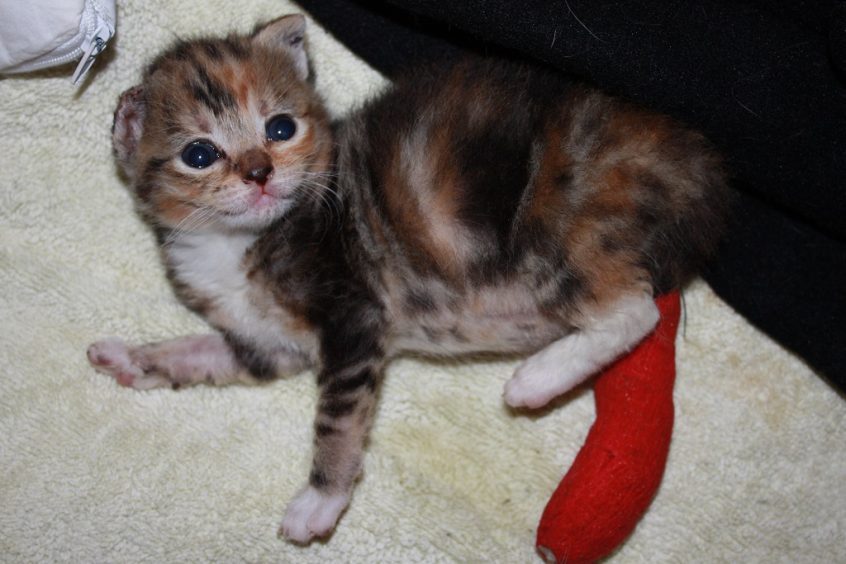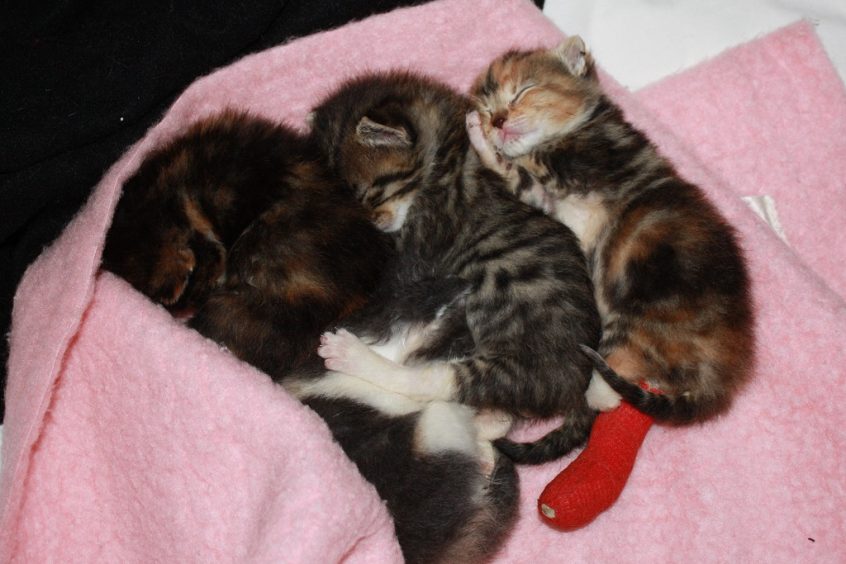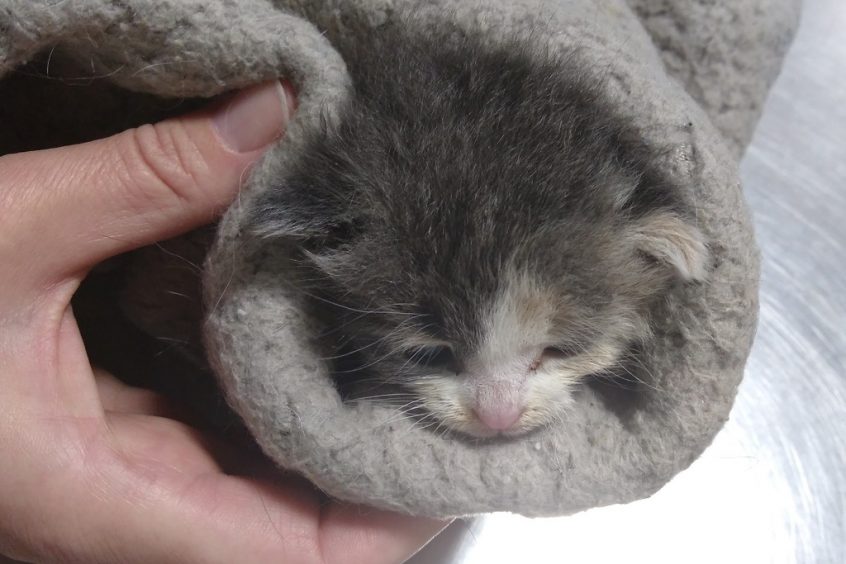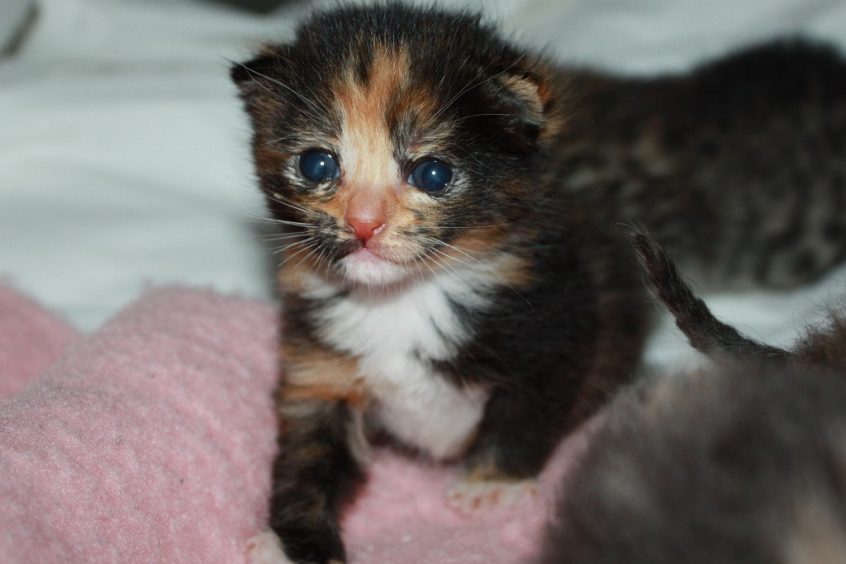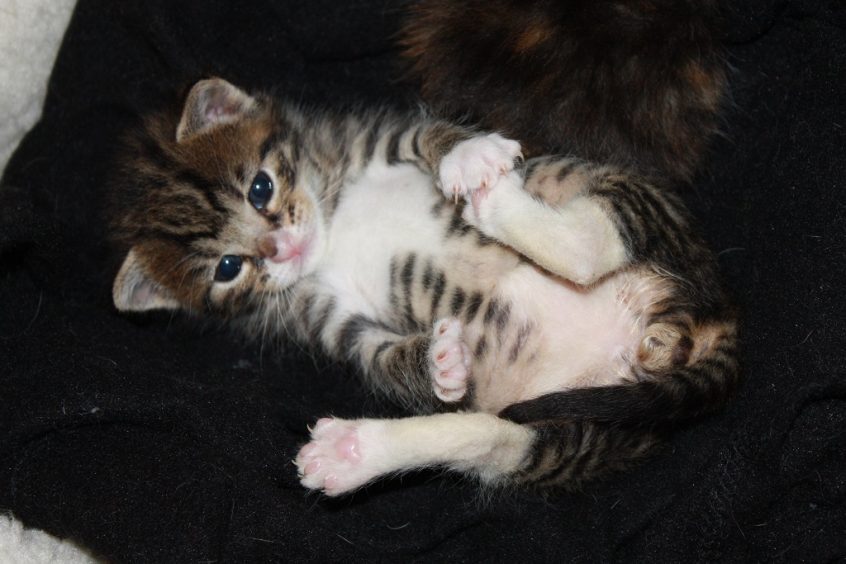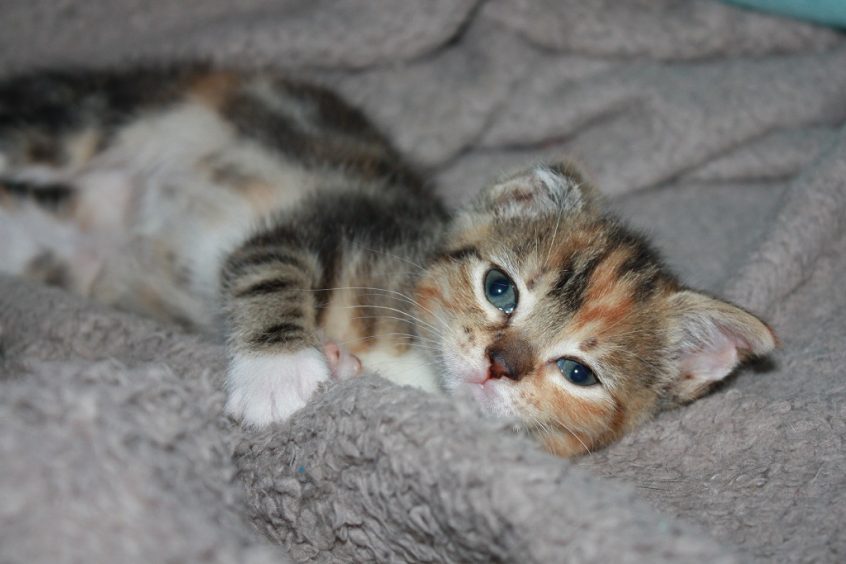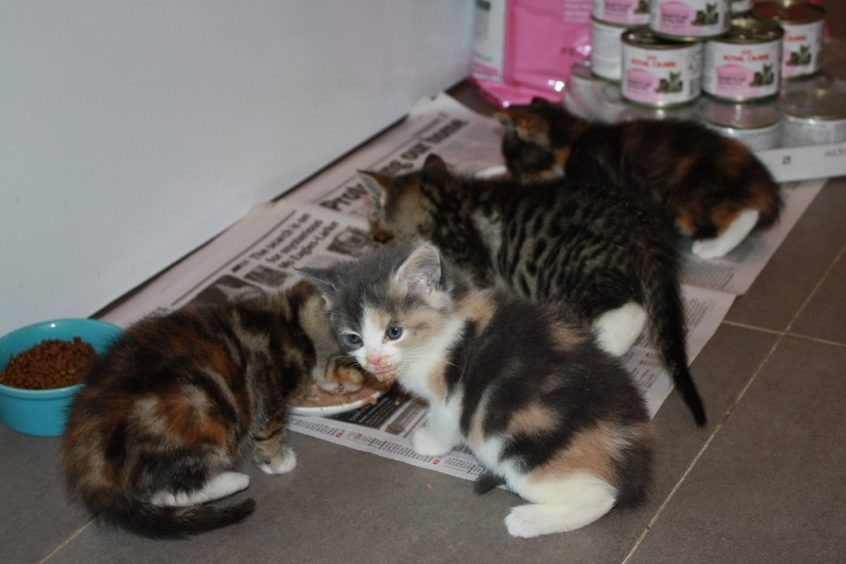As
a cat owner, you will appreciate they are amazing animals that have their own
individual personalities that are quirky and entertaining. Unlike dogs, they need to have a different
approach when training as they will rarely listen to you telling them what to
do. Rather than damaging your
relationship by scolding your cat (which they will not respond to) below are
some tips on retraining your cat to not ‘door dash’, one may work or you
may need to use a combination.
WHEN LEAVING THE HOUSE
1. Use an alternate exit. If your cat is constantly hanging out by the front door, waiting
to make its escape when you leave, try exiting out a different door. For instance, instead of going in and out
through the front door, try using the back or garage door.
2. Create a distraction. Before
you leave, say goodbye to your cat and give him an absolutely irresistible
treat. Your cat will probably be much more interested in eating his yummies
than in running out the door. If your
cat insists on following you to the door, keep a stash of cat toys in a place
that’s easy for you to reach but hard for him to access. Toss the toy across
the room as you leave.
– Offer puzzle feeders before you head out the door. A puzzle feeder will provide your cat with entertainment while getting a food reward for their efforts. Divide up their daily meal portion so you can set out a couple of puzzle feeders before you head off to work in the morning.
–
If you have children, keep a box of cat toys beside the door and teach the kids
to throw a cat toy for the cat to chase when exiting the house. If the cat is too busy chasing toys, it won’t
be darting out the door.
3. Deterrents. You may also use smell deterrents to keep
the cat away from forbidden doorway zones. Cats dislike citrus smells, so
orange or lemon scents sprayed at the bottom of the door may help.
WHEN ARRIVING HOME
1.
Distract your cat. Keep
a spray bottle filled with water just outside your door. When you open the door
to come in, open it just a crack so that you can see your cat waiting to run
outside. Put the nozzle of the bottle through the crack and spray your kitty
with a well-aimed ‘mist’ of water (not a squirt) and don’t aim at its face. It might take a few sprays
before your cat backs up. After a week
or so of doing this, your cat will associate the door with getting sprayed by
the water bottle and avoid going near the door.
This method, should only be used when you’re entering the home, not
exiting. If you do it when exiting, your
cat will associate you, not the door, with the irritation of getting sprayed by
the water bottle and it could have a negative impact on you and your
cat’s relationship.
2. Don’t give your cat any attention at the
door. If
your cat thinks that being near the door is a place where you will pet or play
with it, your cat will gravitate toward the door. If your cat is in the habit of greeting you
and getting a friendly hello right when you walk in, break yourself of that
habit.
3. Play it extra safe.
Post bright neon coloured signs reminding all people entering and leaving the
house to stop and look for signs of your daring cat before reaching for the
door knob. When you have guests over, put your cat in another
room until the festivities are over. This way, when people come through the
main door, your cat won’t be around to dart through it.
GENERAL
Part of a cat’s ‘environmental enrichment’ is allowing access to a safe enclosed outdoor area. This will assist with meeting your cat’s natural instincts of feeling sun on their face and having another area they can relax and play in. If this ‘need’ is being met, it may assist with the cat wanting to dart out the door.

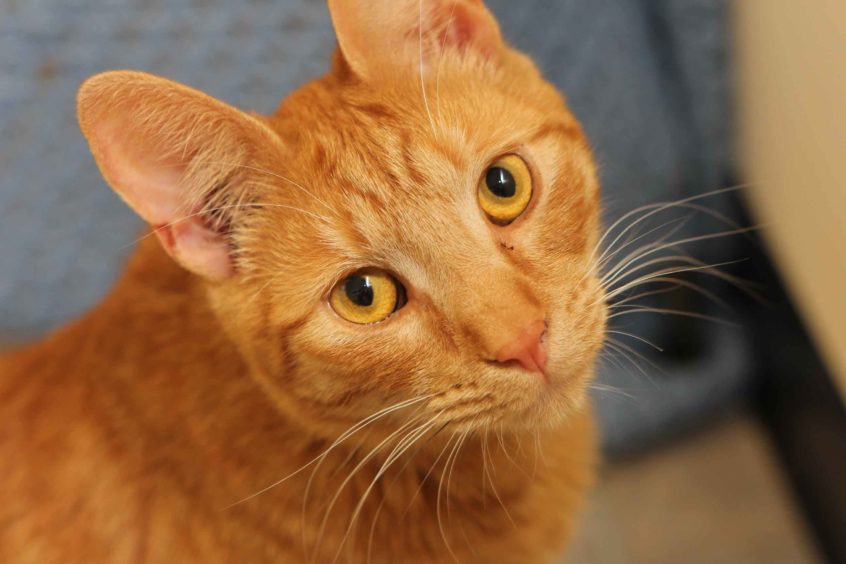
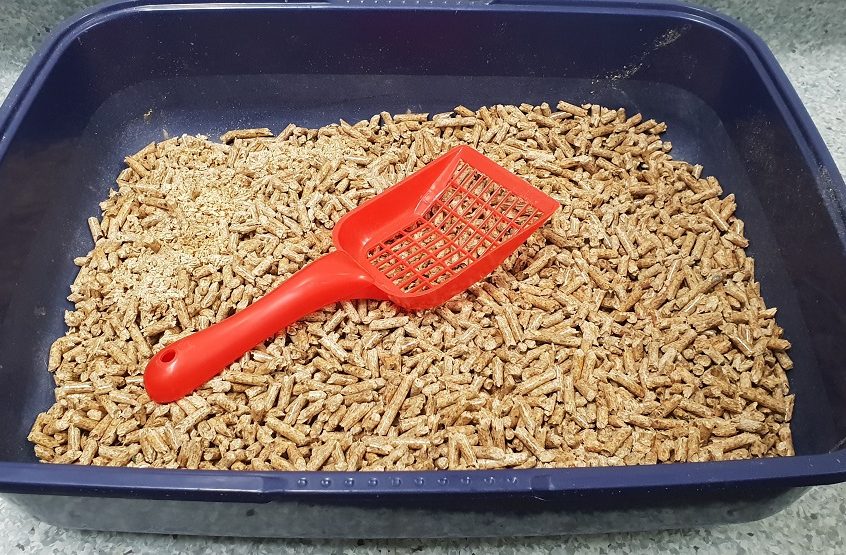
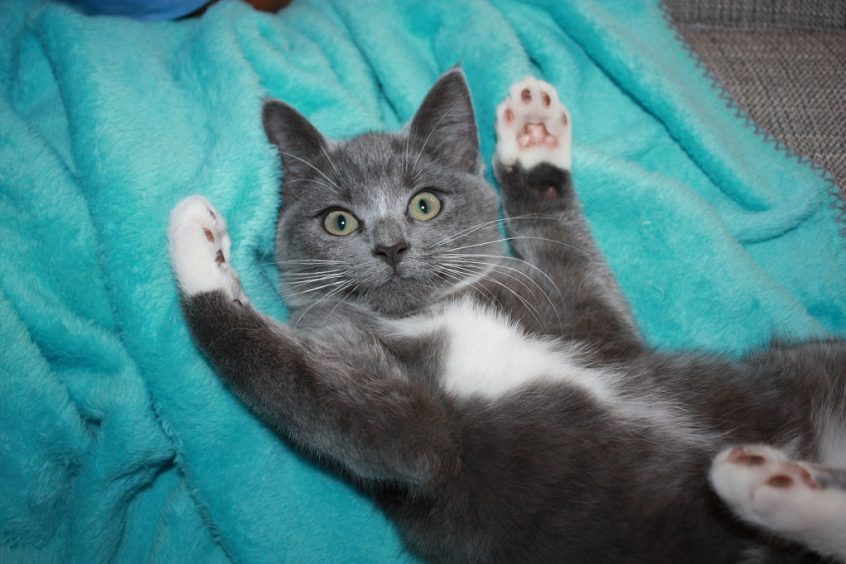
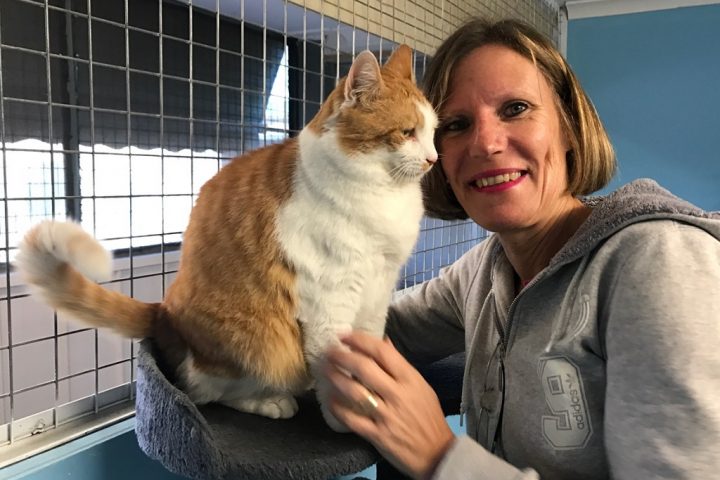
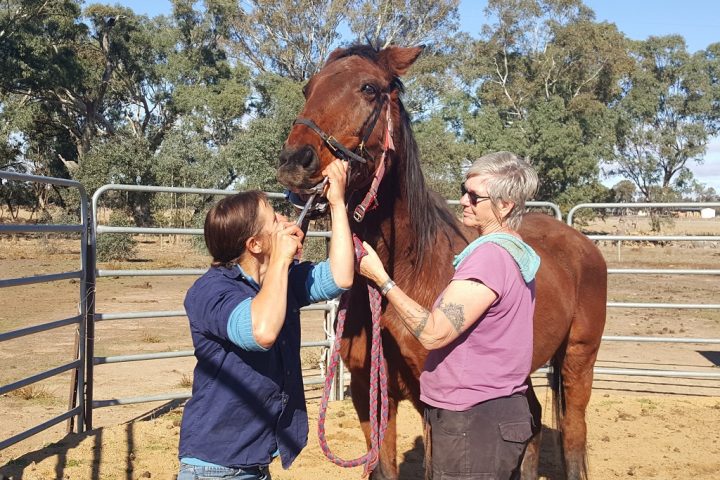
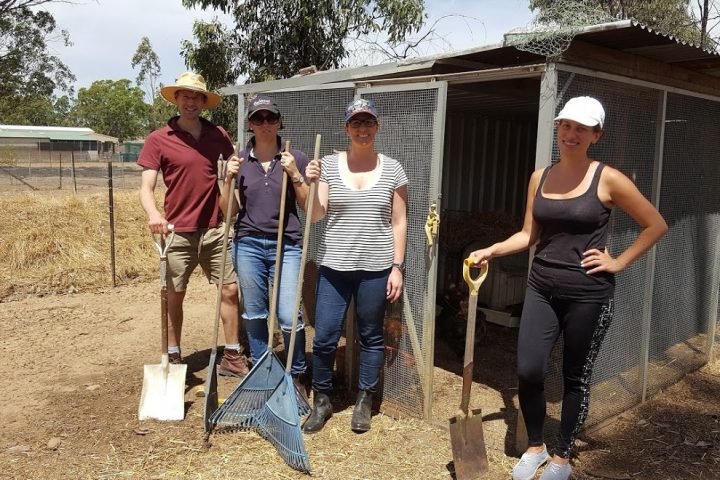
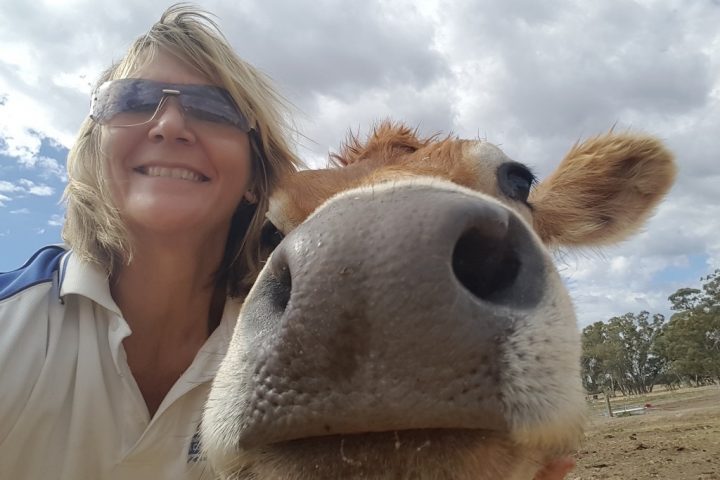
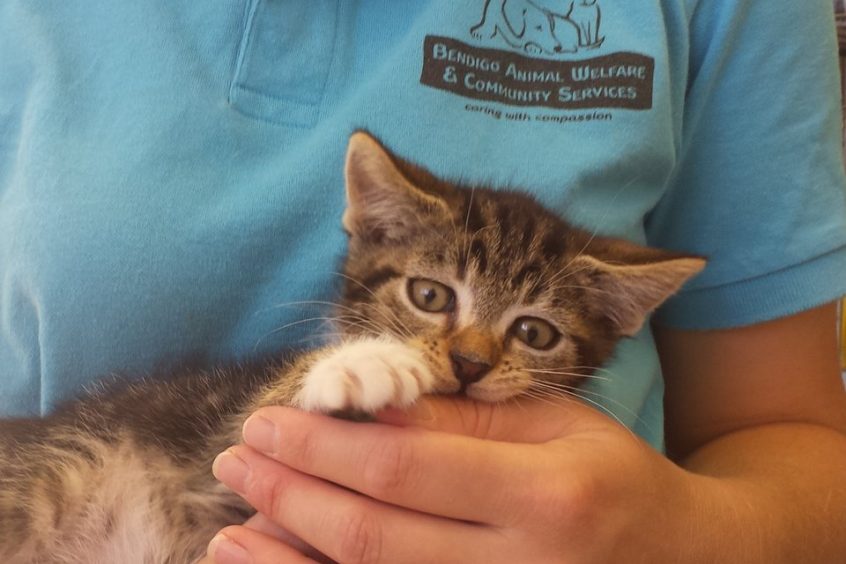
 Earlier this year, BAWCS was delighted to receive a Victorian State Government grant to allow us to run our 2017 Feline Desexing Program. The program was made available to concession card holders, who otherwise would not have been able to afford it.
Earlier this year, BAWCS was delighted to receive a Victorian State Government grant to allow us to run our 2017 Feline Desexing Program. The program was made available to concession card holders, who otherwise would not have been able to afford it.
